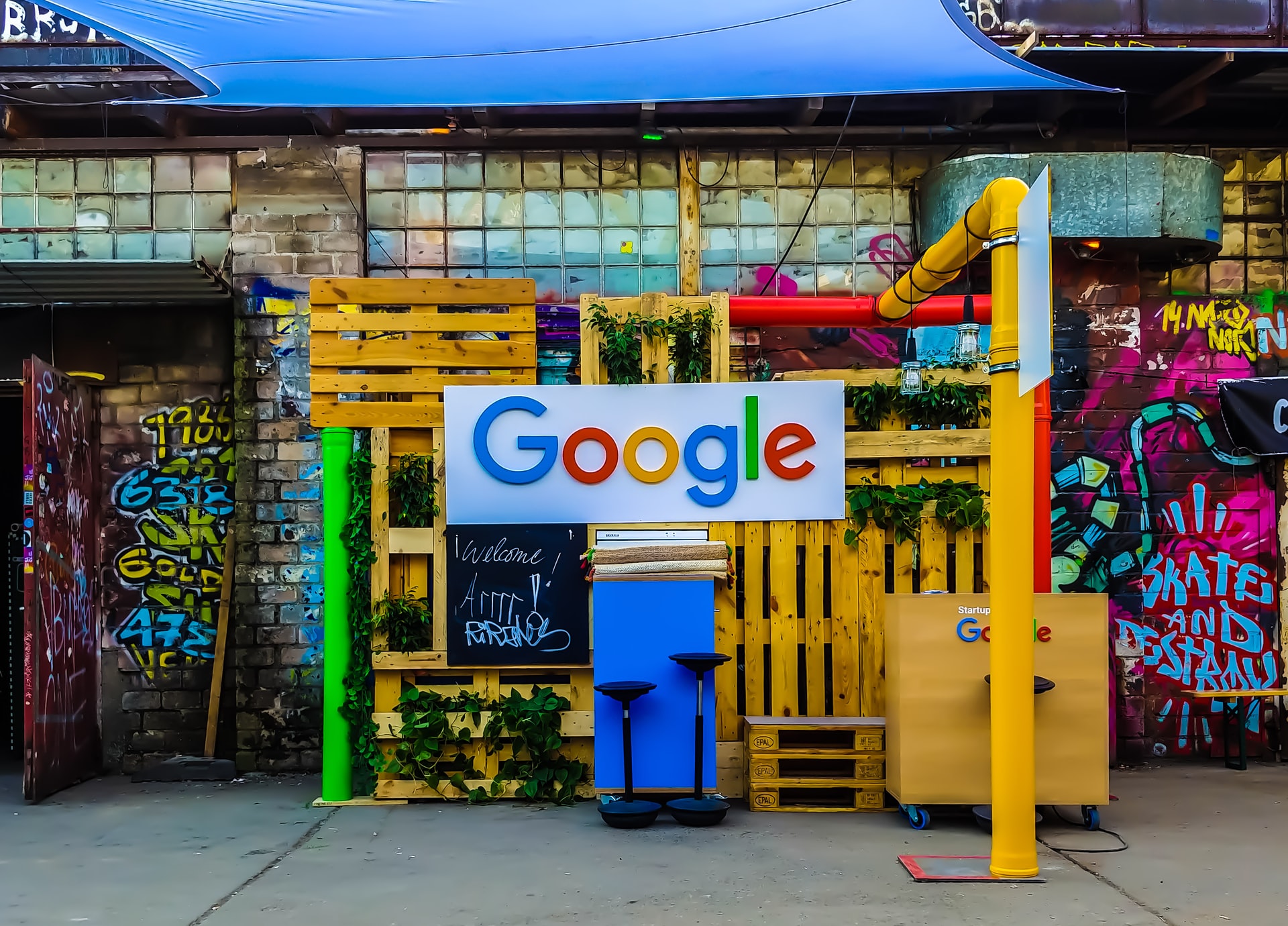By now, everyone knows that Google is always listening. Guess what, now it is watching, too.
Google’s new Nest Hub Max is a smart speaker with a screen, but it goes one step further – Google has added an eye to its talking artificial intelligence. With a quick flash of your palm at the device, a camera spots you and immediately pauses the music (if you are playing music). When you walk past your Hub Max, the Google Assistant greets you on its screen by name.
RELATED STORY:
This new aspect of invading your life is made possible by facial recognition. If you aren’t completely bothered by the privacy suggestions, the Nest Hub Max (which debuted yesterday) offers a glimpse of how this controversial tech might be integrated into our homes.
Only time will tell if any of the camera functions on Nest Hub Max make it worth introducing face surveillance into the confines of your home – your sacred space.
Admittedly, I do not own one, but according to CNET, the Hub Max is a larger, 10-inch version of Google’s popular Nest Hub countertop computer, (which people apparently use as a digital picture frame, speaker, kitchen TV and smart home controller.)
RELATED STORY:
The addition of a wide-angle camera appears to be the feature that is the most significant addition. (Facebook’s Portal, which was poorly received, and Amazon’s Echo Show both have one). But Amazon Alexa, another rival, can recognize different voices, but not faces.
The Hub Max camera can be used for basic video calls, much like asking Siri to make a call. It connects using Google’s Duo chat app on a phone, laptop, or another Hub Max. Like the Facebook Portal, the Hub Max’s wide-angle camera sweeps around the room tracking your movements and works to keep everyone’s faces in the frame.
However, Google’s camera story barely begins there. Computers are, by nature, challenged with understanding context, and Google believes its face recognition technology opens endless possibilities for personalization in shared spaces.
RELATED STORY:
When selected, Hub Max’s optional “face match” feature asks each family member for a quick scan of his or her mugshot. Then the Hub Max’s camera stays on, continually looking for those faces (and always watching). When the Assistant spots one, it adjusts the content on its screen to suit the face, without being asked. It is capable of leaving reminders that suddenly pop up when the intended recipient passes by.
By the way, a green light comes on every time the security camera is live broadcasting, but not while the other camera sensing features are running.
RELATED STORY:
So while Hub Max is scanning the room for faces, the camera is also watching for your hands, which can act as nonverbal, non-touchscreen commands (basically sign language). For now, this capability is limited, but Google expects it to expand. The device can also serve as a security camera, allowing you to watch a stream of what is happening at home. It can send alerts when it recognizes familiar faces, and also when it doesn’t. CNET had this to say about the face recognition features:
For the face-matching functions, which require the camera to be always looking, Google borrowed a page from the Apple playbook. All the processing to match your face happens on the device itself. Those images are deleted immediately, and Google says it does not keep a record of when it identifies faces. This is similar to how Face ID works on an iPhone — your face never leaves the iPhone. Google has also pledged to “keep your video footage, audio recordings, and home environment sensor readings separate from advertising.”
Nevertheless, it’s always important to ask what Google is getting out of the deal. Even though face matches might remain on the Hub Max, any interaction with the Assistant (such as issuing a voice command or tapping on the screen) is automatically added to your Google profile. This means, by default, the information can used to target you with ads. The Hub Max also encourages you to utilize more Google services, like YouTube, search and Duo, all of which also adds value to your profile with the company.
Even though the face features are only accessible by Google RIGHT NOW, what happens when it begins letting other services and apps access your facial profile? Or, even worse, when the device detects emotion in a face?
RELATED STORY:
It makes you seriously wonder – what makes Google think it has better privacy protection than the other tech giants out there? Google indicates it will keep face data local, which makes it less likely to be stolen or misused by police, marketers or data spies. BUT, do we trust Google to maintain its data standards and security precautions? Should we welcome them into our homes and integrate them into our daily routines?
Ironically, it was announced Monday (the same day Hub Max was released for sale) that fifty attorneys general are joining an investigation into Google over antitrust violation (there is currently a multi-state investigation into Facebook for the same thing). Google is also reportedly facing an antitrust probe from the U.S. Department of Justice.












